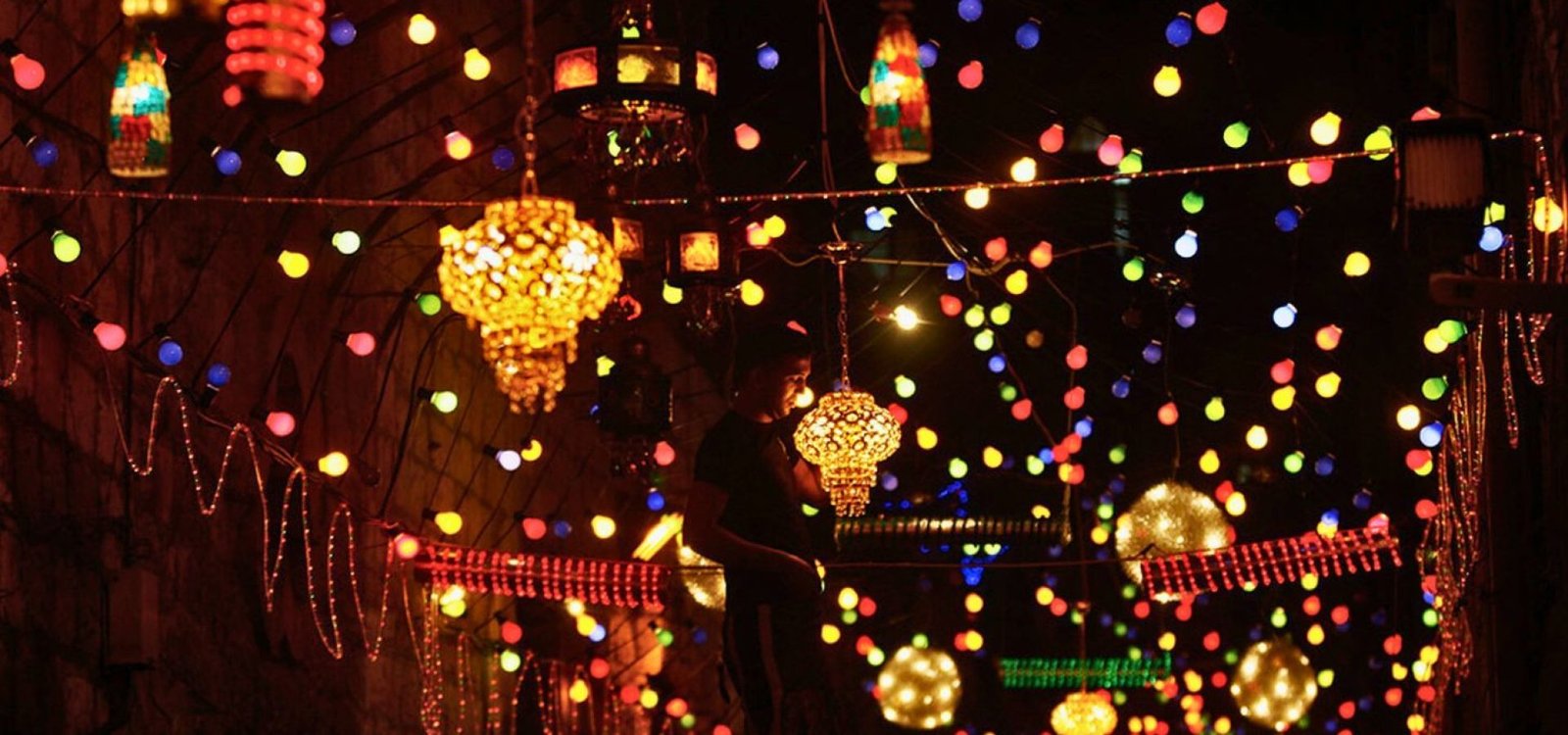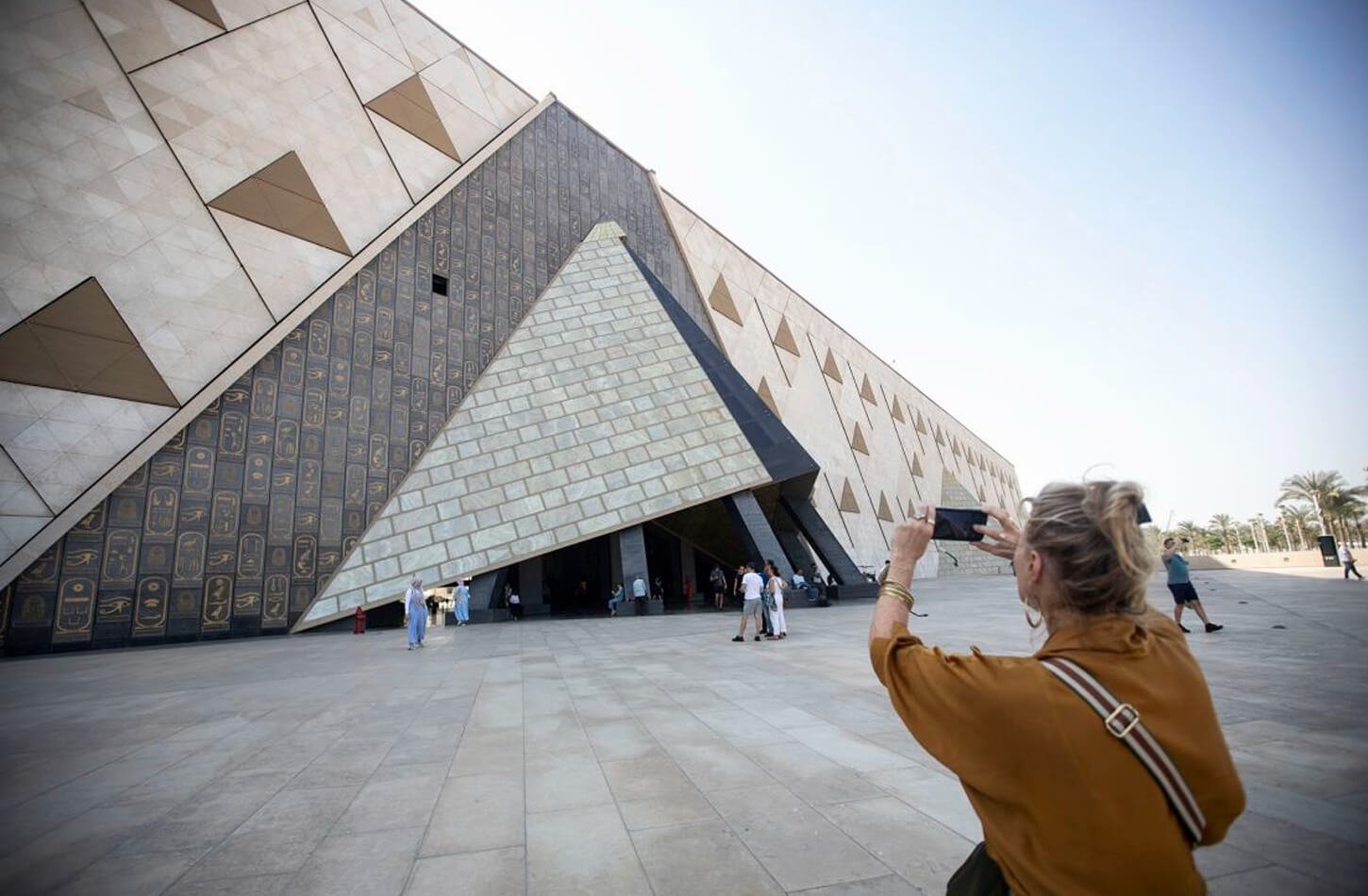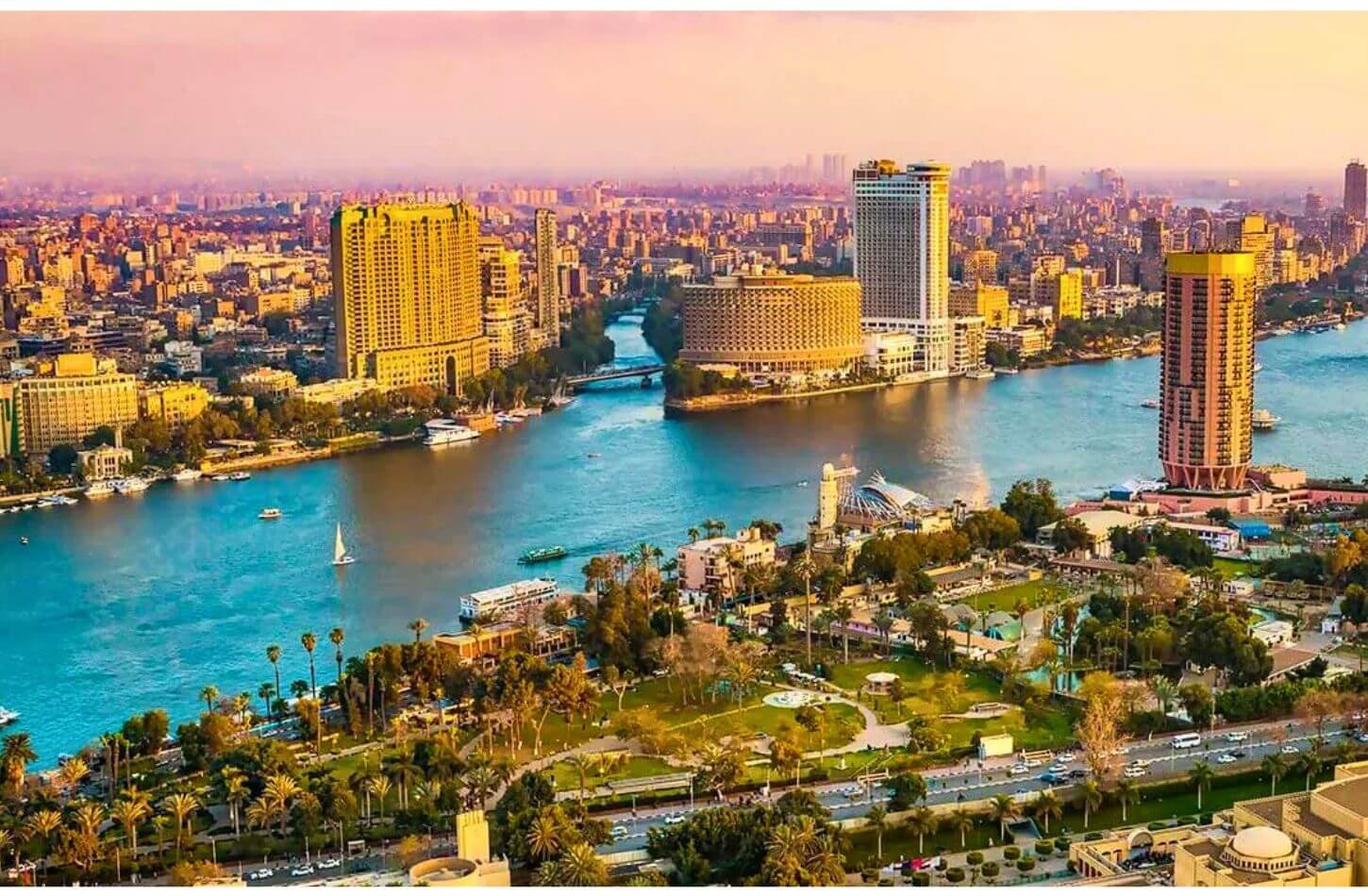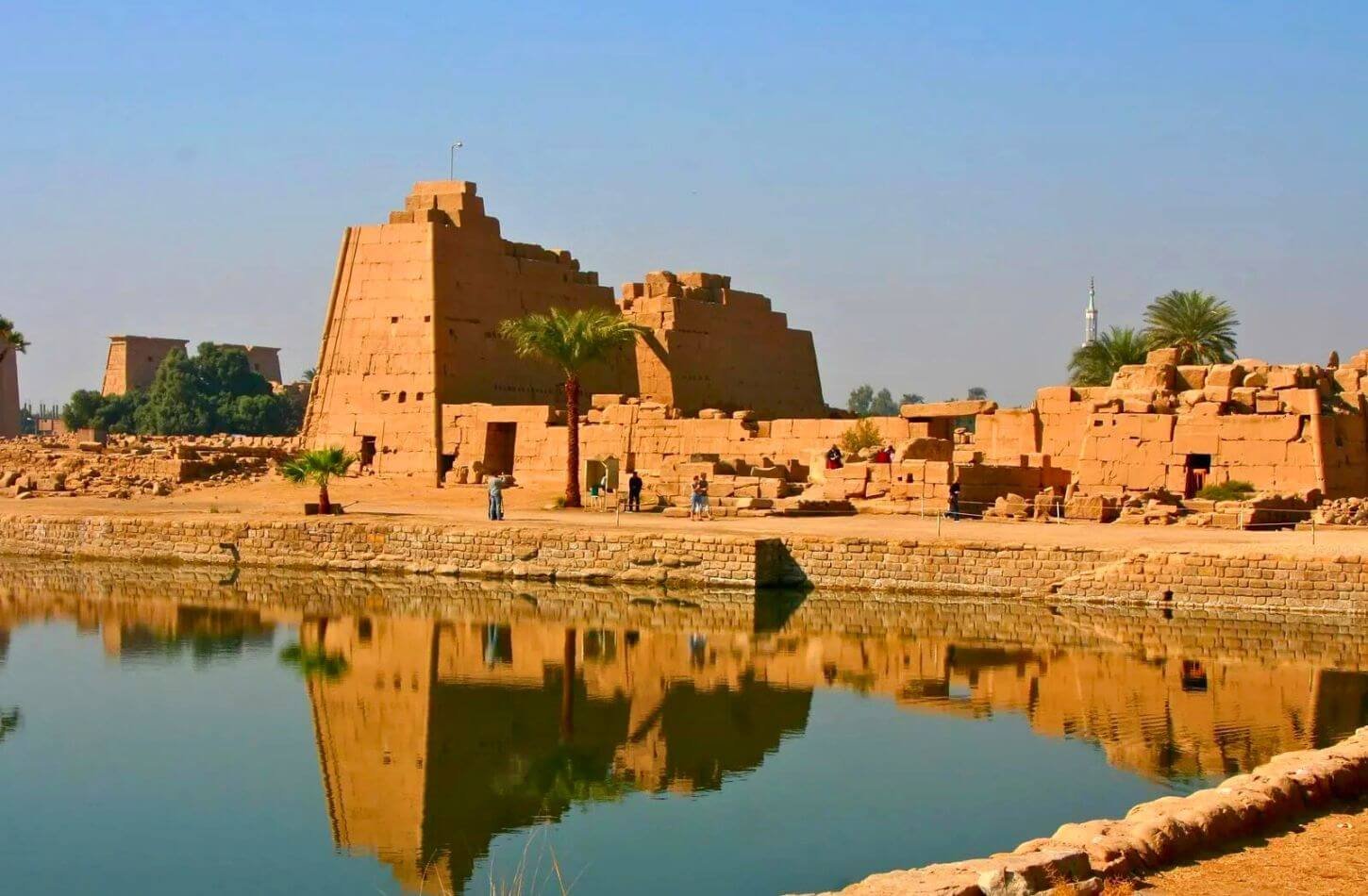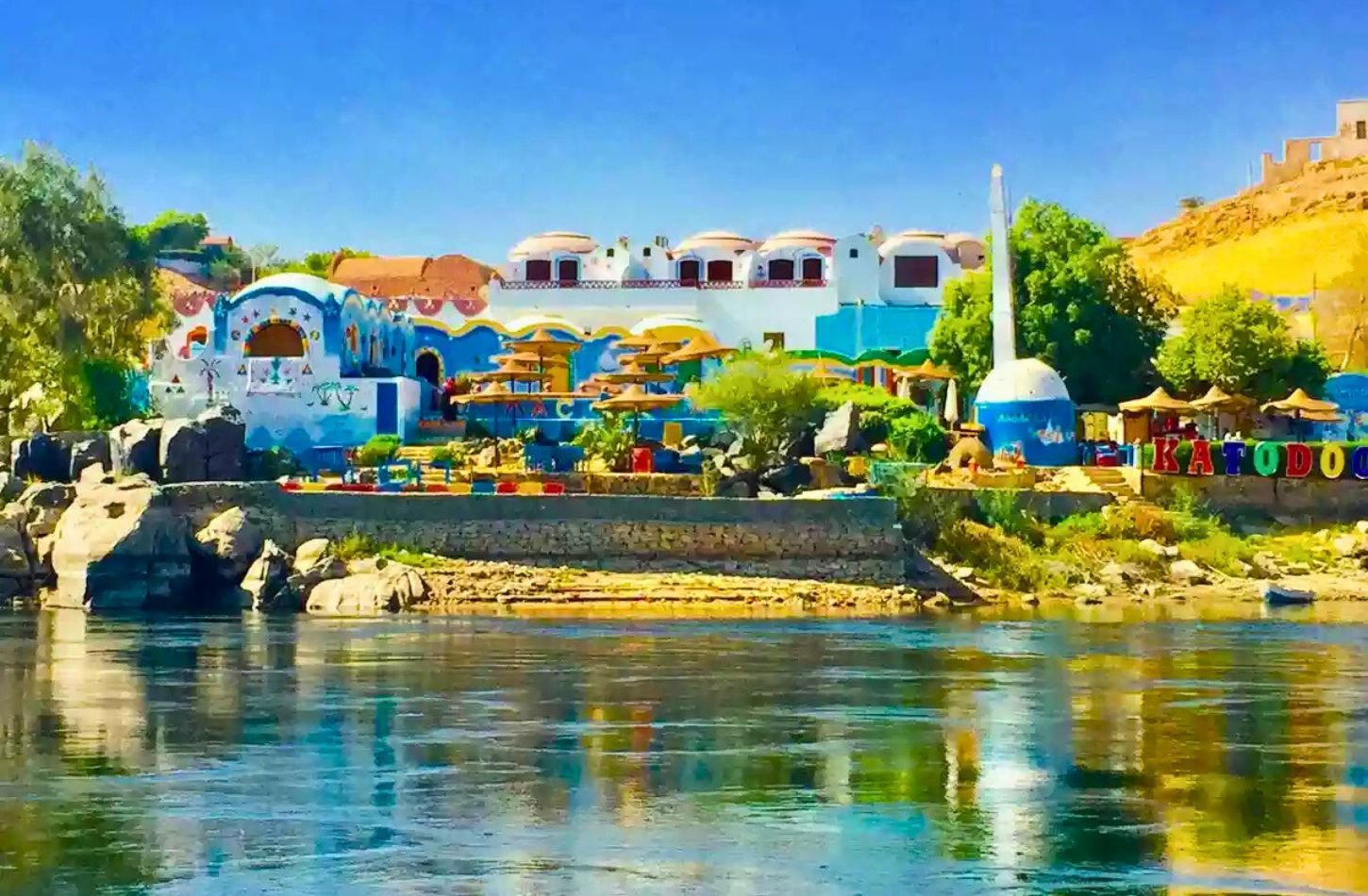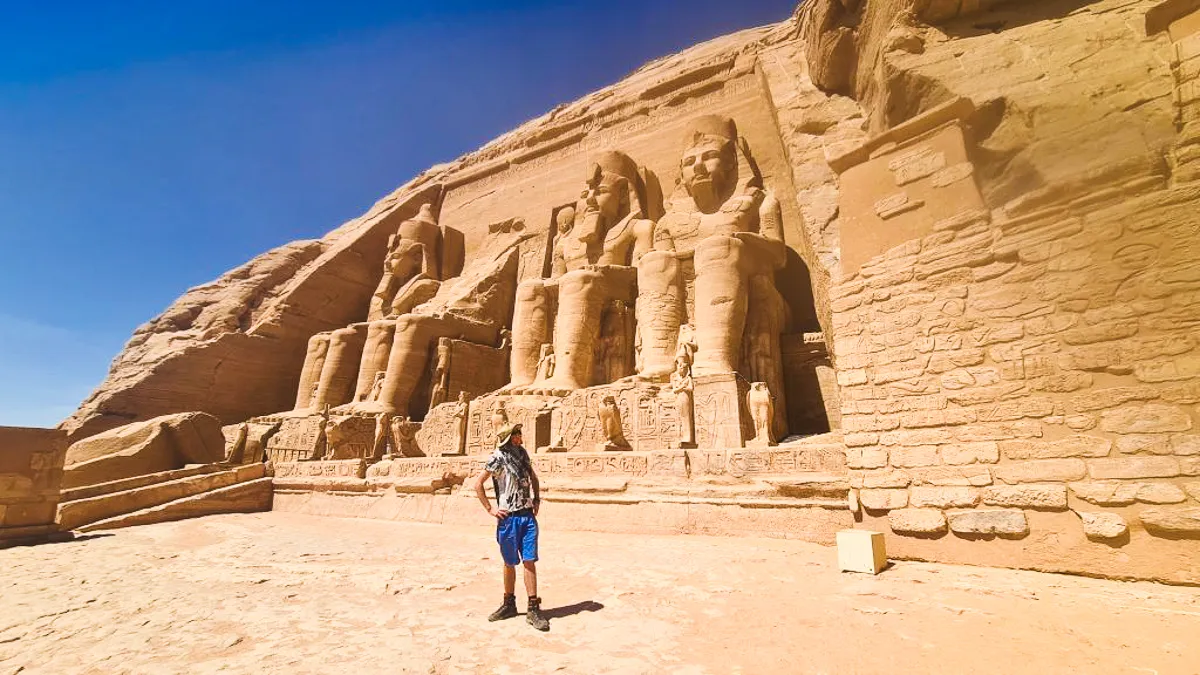If you’ve ever wondered what it’s like to experience Ramadan in Egypt, you’re in for something truly magical. This holy month is not only a deeply spiritual time for Egyptians but also a cultural celebration that transforms daily life, the streets, and even the food scene. Whether you’re planning a trip during this time or simply curious about how Egyptians celebrate Ramadan, this guide will take you through traditions, customs, and practical tips to make the most of your experience.
What is Ramadan and Why is it Important in Egypt?
Ramadan is the ninth month of the Islamic calendar, observed by Muslims worldwide as a month of fasting, prayer, reflection, and community. In Egypt, it holds a very special place because religion is deeply woven into the fabric of daily life. The fast begins at fajr (sunrise) and ends at maghrib (sunset), with Muslims refraining from eating, drinking, and smoking during daylight hours.
But Ramadan in Egypt goes far beyond fasting. It’s a time when families gather, the poor are helped, and the streets sparkle with colorful lanterns (known as fanous). Egyptians see this month as an opportunity to grow spiritually and strengthen bonds with their loved ones.
The Spirit of Ramadan in Egypt
What makes Ramadan in Egypt different from other countries is the strong sense of togetherness and celebration. Despite the fact that fasting can be challenging, the atmosphere is joyful and full of energy. The moment the maghrib call to prayer echoes from the mosques, the streets empty out as families rush to share the iftar meal. Soon after, neighborhoods come alive again with food vendors, decorations, and social gatherings.
The holy month is not just about abstaining—it’s also about giving. Egyptians are famous for their generosity during Ramadan. Many families prepare extra food for neighbors, and charitable tables (mawaed al-rahman) are set up across the country to provide free meals for those in need.
Egyptian Traditions During Ramadan
Let’s take a closer look at the unique customs and traditions that make Ramadan in Egypt so fascinating.
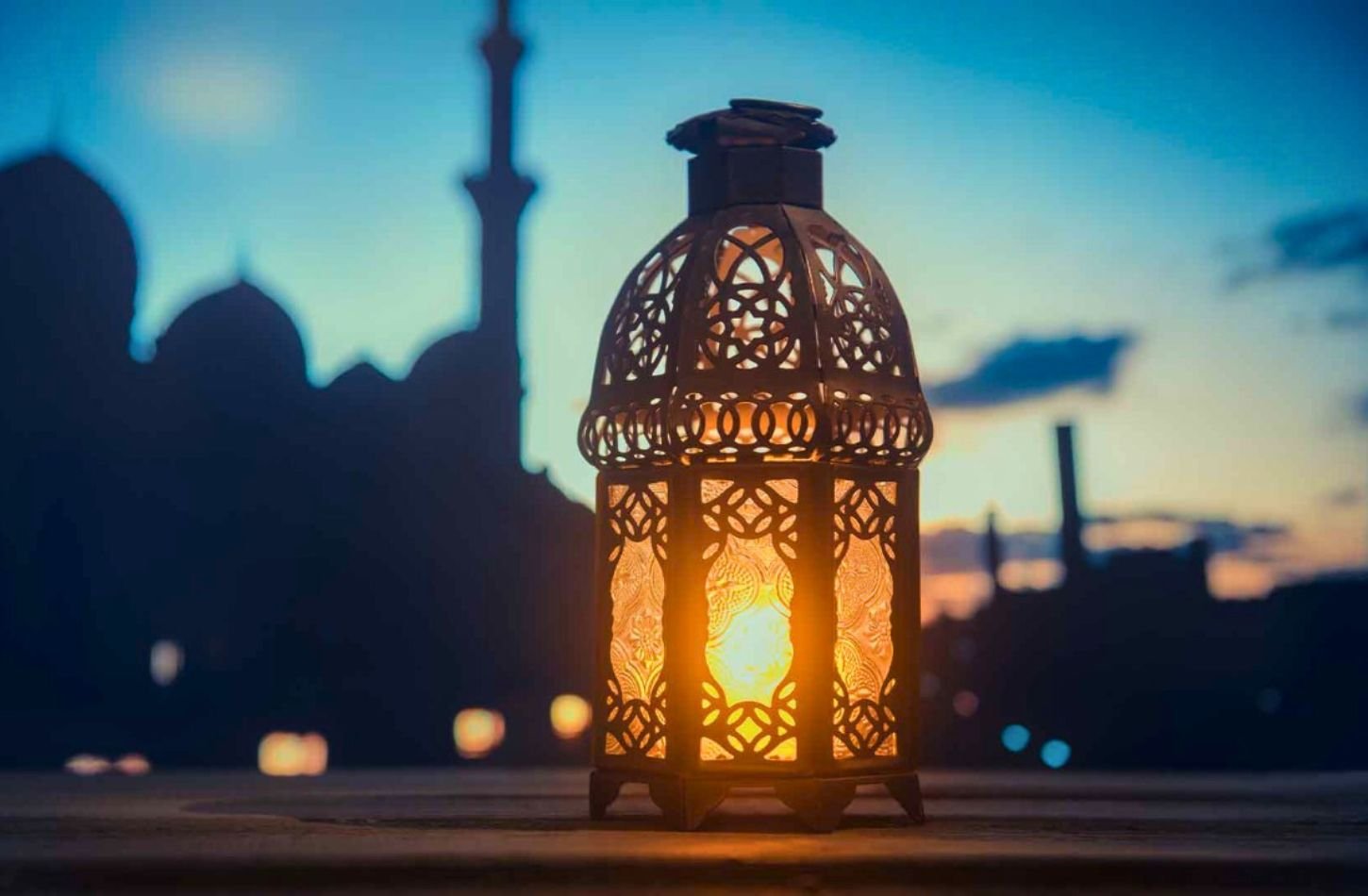
1. The Fanous (Ramadan Lanterns)
One of the most iconic symbols of Ramadan in Egypt is the colorful lantern, or fanous. These lanterns light up homes, mosques, and streets during the entire month. Children carry small lanterns and sing cheerful Ramadan songs in the evenings, adding a festive charm that’s hard to miss.
2. The Mesaharati (Drummers of Ramadan)
In many neighborhoods, you’ll still find the mesaharati, a man who walks the streets at night beating a drum to wake people for suhoor (the pre-dawn meal). While modern technology has made this tradition less common, it remains a beloved cultural symbol of Ramadan in Egypt.
3. Ramadan Decorations
Streets and homes are decorated with colorful banners, lights, and lanterns. Markets sell special Ramadan-themed goods, from sweets to prayer items, and you can really feel that the entire country is preparing for something extraordinary.
Food During Ramadan in Egypt
Of course, no talk of Ramadan in Egypt would be complete without mentioning the food. Egyptians take their iftar and suhoor meals very seriously, and you’ll find a mix of traditional dishes and festive treats on every table.
Iftar (Breaking the Fast)
The meal begins with dates and a glass of water or juice, following the Prophet’s tradition. Then comes a hearty feast, often including:
- Soup (lentil or chicken-based)
- Mahshi (vegetables stuffed with rice and herbs)
- Molokhia (a green leafy soup served with rice or bread)
- Kebabs and grilled meats
- Salads and pickles to balance the flavors
Suhoor (Pre-Dawn Meal)
Suhoor is lighter but filling enough to last through the day. Common dishes include:
- Foul medames (mashed fava beans with olive oil, lemon, and spices)
- Taameya (Egyptian falafel made with fava beans)
- Bread, cheese, yogurt, and eggs
Ramadan Desserts
This is where Egyptian cuisine truly shines during Ramadan. You’ll see special sweets that aren’t as common during the rest of the year:
- Konafa: shredded phyllo dough filled with cream, nuts, or chocolate
- Atayef: small pancakes stuffed with nuts, cream, or cheese and fried or baked
- Basbousa: a semolina cake soaked in sweet syrup
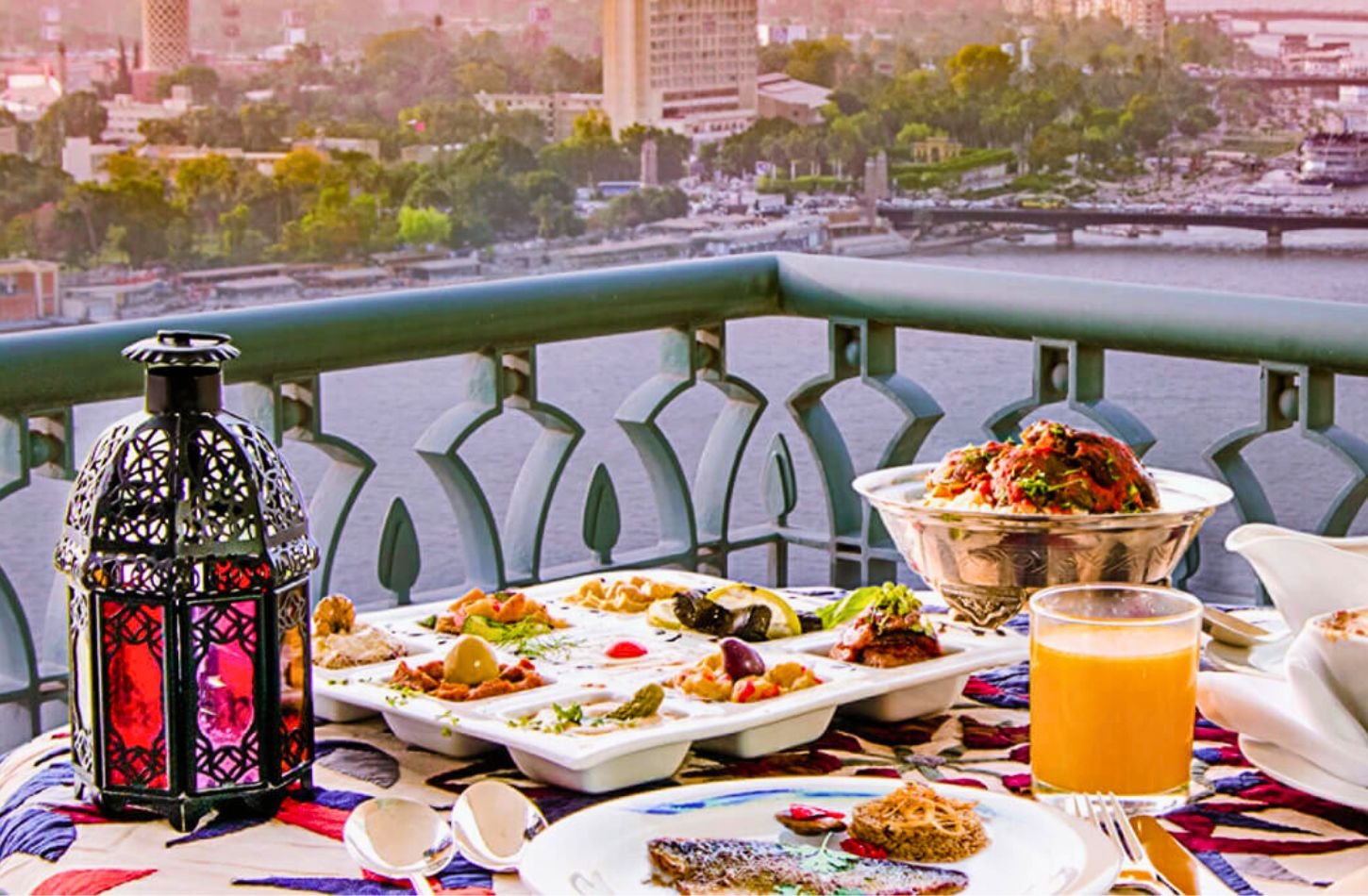
The Nightlife of Ramadan in Egypt
After breaking the fast, Egyptians don’t just go to bed. In fact, the nights of Ramadan are just as lively as the days. Families and friends often gather for tea, shisha, and desserts at local cafes. Many mosques hold extended evening prayers called taraweeh, which bring communities together in worship.
Cultural events are also popular—concerts, Ramadan tents, and street performances often pop up across Cairo and other cities. This unique mix of spirituality and festivity is what makes Ramadan in Egypt so unforgettable.
Traveling to Egypt During Ramadan
If you’re planning a trip, you might wonder: Is it a good idea to visit during Ramadan? The answer is yes, but with some tips in mind.
What to Expect as a Tourist
- Shorter Business Hours: Many shops and businesses open late and close early, but tourist attractions generally remain open.
- Food Availability: Restaurants may be closed during the day, but international hotels usually cater to non-fasting guests.
- Crowded Evenings: Expect heavy traffic before iftar and crowded streets at night, especially in big cities like Cairo.
- Cultural Sensitivity: Out of respect, it’s best not to eat, drink, or smoke in public during daylight hours.
Why It’s Worth Visiting During Ramadan
- Festive Atmosphere: Nowhere else will you see Egypt this alive with lights, decorations, and music.
- Special Food: Some dishes and sweets are only available during Ramadan.
- Community Spirit: Experiencing Egyptian hospitality at this time is a once-in-a-lifetime opportunity.
How Locals Spend Their Day in Ramadan
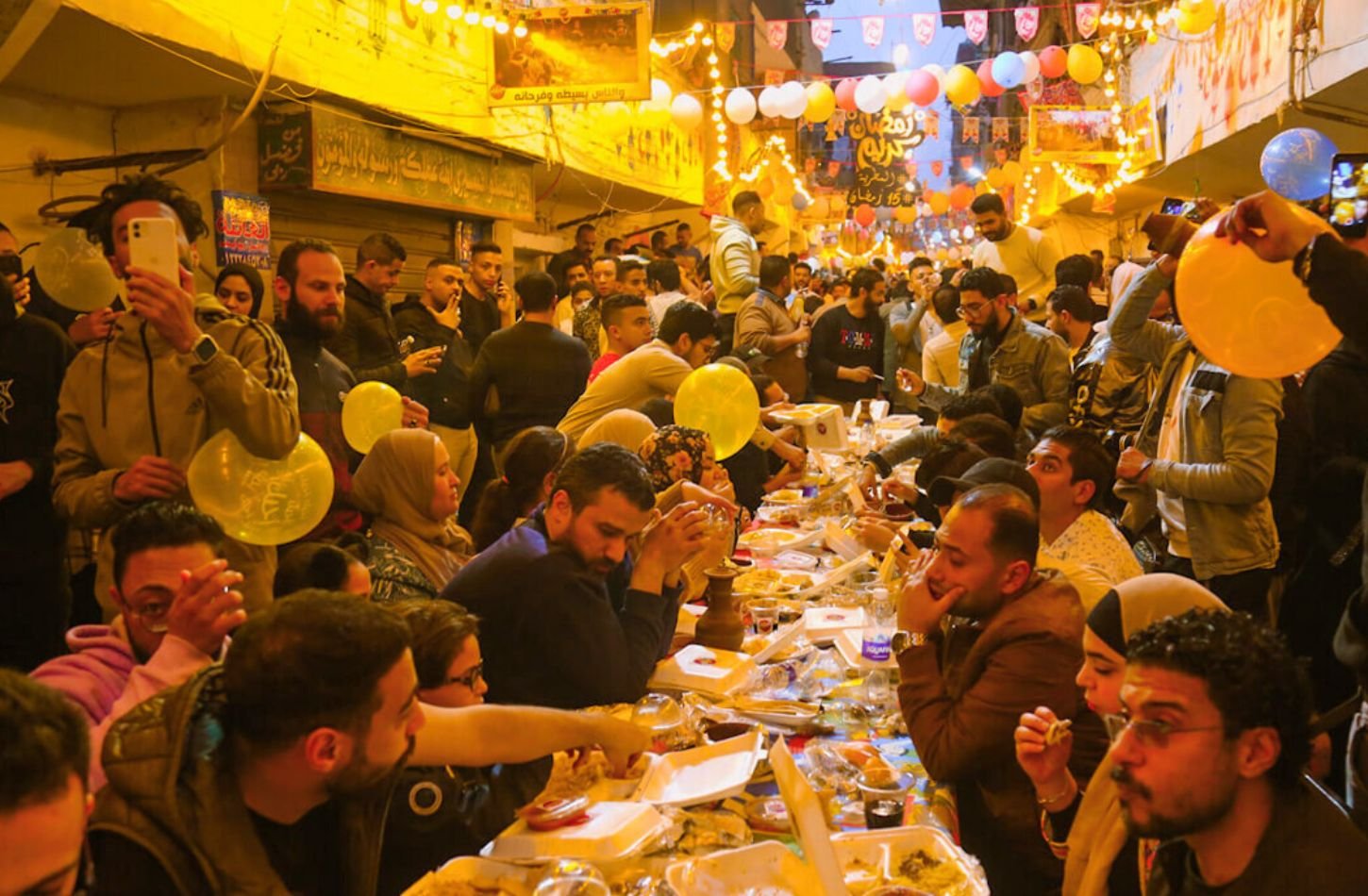
A typical day during Ramadan in Egypt looks different from the rest of the year. Work and school schedules are usually shorter, and many people rest in the afternoon to save energy for the evening. Families gather just before sunset, waiting eagerly for the call to prayer that signals the end of the fast.
After iftar, people spend time socializing, shopping in night markets, or attending prayers. Cairo’s famous districts like Khan El Khalili are especially vibrant during this month. It’s not unusual to see families out until the early hours of the morning.
Ramadan in Different Egyptian Cities
While Cairo steals the spotlight with its energy, other Egyptian cities have their own unique Ramadan charm.
- Alexandria: Families break their fast by the sea, and the Corniche lights up with cafes and food stalls.
- Luxor and Aswan: The slower pace of life here gives Ramadan a more intimate, community-focused feel.
- Smaller towns and villages: Traditions like the mesaharati are stronger in rural areas, where the sense of community is even more pronounced.
Eid al-Fitr: The Grand Finale
At the end of the month comes Eid al-Fitr, the “Festival of Breaking the Fast.” This holiday lasts for three days and is one of the biggest celebrations of the year in Egypt. Families wear new clothes, children receive gifts and money (eidiya), and people gather to enjoy feasts and sweets.
Eid is the joyful conclusion to Ramadan, and it’s the perfect reminder of why the month is so special: it brings people closer to God, to family, and to their communities.
Tips for Experiencing Ramadan in Egypt as a Foreigner
If you’re visiting Egypt during Ramadan, here are some friendly tips to make your experience smoother:
- Be respectful: Avoid eating, drinking, or smoking in public during daylight.
- Join in the celebrations: Accept iftar invitations from locals—it’s the best way to experience Egyptian hospitality.
- Adjust your schedule: Take advantage of quieter mornings to visit sites, and explore lively streets in the evenings.
- Try the food: Don’t miss Ramadan-only desserts like konafa and atayef.
- Enjoy the nightlife: Cairo after dark during Ramadan is something you’ll never forget.
Final Thoughts
Experiencing Ramadan in Egypt is like stepping into a cultural and spiritual festival that brings together tradition, food, and a sense of community. Whether it’s the magical glow of lanterns in the streets, the delicious aroma of freshly baked atayef, or the call to prayer that silences a bustling city just before iftar, Ramadan touches every aspect of life in Egypt.
If you’re planning to visit, embrace the experience with an open heart. Not only will you see Egypt in a completely different light, but you’ll also witness the warmth and generosity of its people during one of the most sacred and joyous times of the year.
Read our Related Article:
